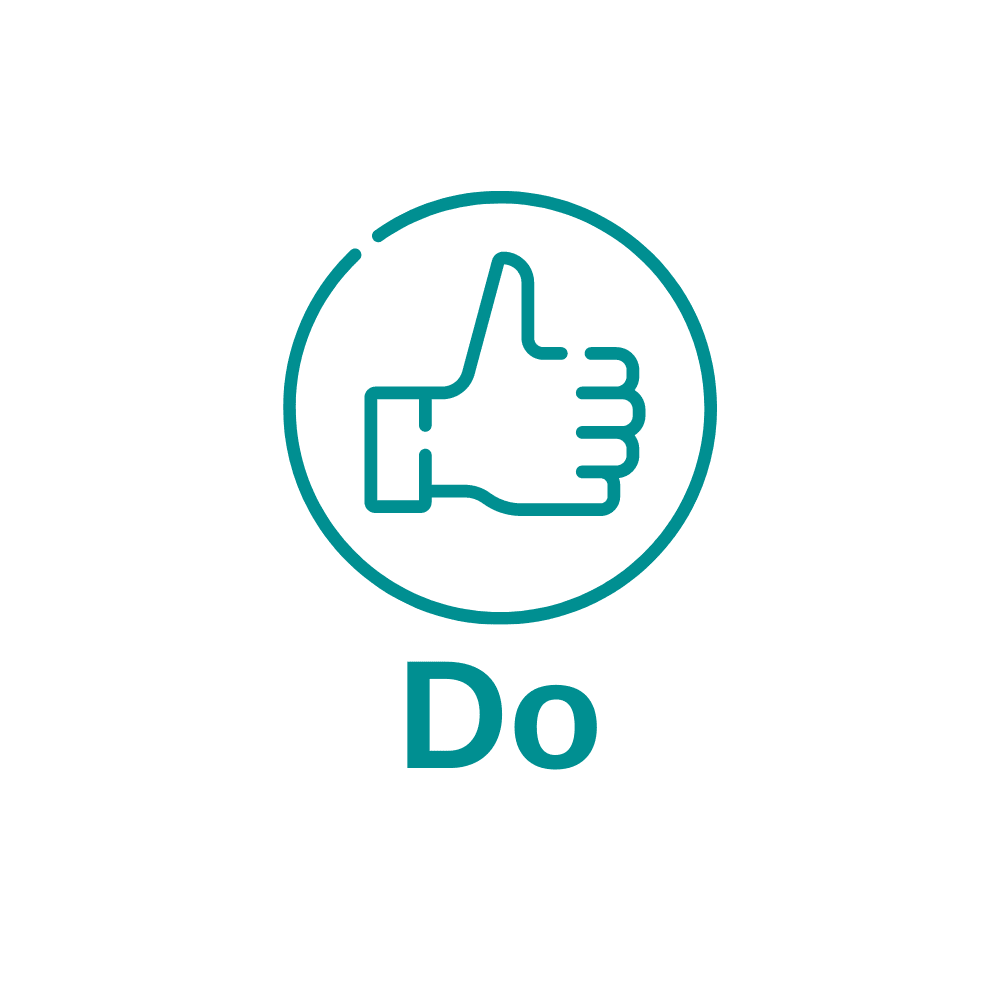Interview Advice
Tips and advice to help you prepare for your next interview
Make sure you read the job description and are fully aware of what the position entails. If you are interviewing through an agency, ask the recruitment consultant for as much information on the company and the interviewer as he/she can give you. If there is no job description for the role you are going for, research similar roles and build a profile of what the job might entail.
Research the company – the company website is the best place to start.
When was the company established?
What size is the company / how many employees?
What are the company’s products / services?
Who are their competitors?
Are there other company locations?
Who are the leadership team in the company? (Linked In is a useful tool for this type of research)
One of the biggest pitfalls when interviewing is not being familiar enough with your own CV. While preparing, you should do a ‘compare and contrast’ exercise between your CV and the job description, noting key achievements against particular responsibilities for the role. Use these as interview responses. Also be prepared to talk about your ‘Unique Selling Points’ – try to make a list of your top ten and be able to qualify why these are your key strengths.
Excellent Communication Skills – dealing with people at all levels.
Team Player – member of a large department and worked on cross-functional projects.
Planning & Organisational Skills – demonstrated record of large scale event management.
Innovation / Creativity – completely re-designed company website incorporating new media features.
Customer Focus – completely committed to providing top level customer service (be able to give examples of this).
You may be the best person for the job on paper and have answered all the questions well, but not knowing how to dress for an interview could spoil the interviewer’s first impression of you.
Regardless of whether or not the company has a casual dress code, you should always dress in smart business attire for your interview, unless specifically advised not to. Plan what to wear in advance, and when you arrive at your interview, leave any excess items (e.g. umbrellas) in reception. Make sure your shoes are polished and appropriate to your outfit. Keep colours neutral and jewellery simple, and don’t go overboard with perfume or aftershave.
Body language and tone of voice are also key to a successful interview. Research has shown that only 7% of the message you send out is based on the words you use.
Stand tall and confident – we have a tendency to slouch when we are nervous.
Smile to help you relax and make eye contact with the interviewers.
Give a firm, but not too tight, handshake to give you a confident start.
Don’t fold your arms as this is seen as a defensive posture and can convey lack of interest.
Making eye contact, tilting your head to catch questions and smiling will help to emphasise your interest in the position.
If you are interviewing through an agency, you should always meet your recruitment consultant a couple of days before your interview to practice your answers and become comfortable talking about yourself. If you have applied to the company directly, have a friend do this with you.
BE ON TIME! Punctuality is crucial – make sure you know the exact address of the interview location and how to get there. Arrive 10-15 minutes early, and have all contact numbers of the company and your recruitment consultant with you in case of delays.
Greet your interviewer with a smile, a firm handshake and a phrase such as “Lovely to meet you”. Feeling nervous is expected, but make sure to keep calm.
Listen to all the questions carefully and make sure you know what is being asked. Don’t be afraid to ask the interviewer to repeat the question or clarify something if you’re not sure. Take your time answering the questions, but try not to get carried away – remember to be concise.
Have questions prepared to ask at the end of the interview – by not asking any questions, you are telling the interviewers that you are not really interested in the position, but be careful not to ask obvious questions that show you have not done your research!
Finish the interview on a positive note – reaffirm your interest in the position, let the interviewer know they can contact you directly if they have any further questions, ask what the next steps are and thank them for their time.
If you want to give yourself every chance to get off on the right foot with an organisation, getting the basics right is essential. Below are some video interview tips to point you in the right direction.
Check the format of the interview beforehand to avoid being caught off guard.
Research the company – check their website, news articles, industry magazines etc.
Prepare – know your CV, have examples ready to demonstrate different competencies & skills.
Have questions prepared for the interviewer to demonstrate your interest in the company and the job.
Dress well – a smart business suit, neutral colours and clean shoes.
Be on time!

Make negative or derogatory remarks about your current or previous employers.
Over-answer questions – keep it short and to the point.
Enquire about salary, bonuses or holidays during the first interview.
Oversell yourself or be overly enthusiastic – it may be interpreted in the wrong way.
Let your disappointment show if the interview is not going as planned.

